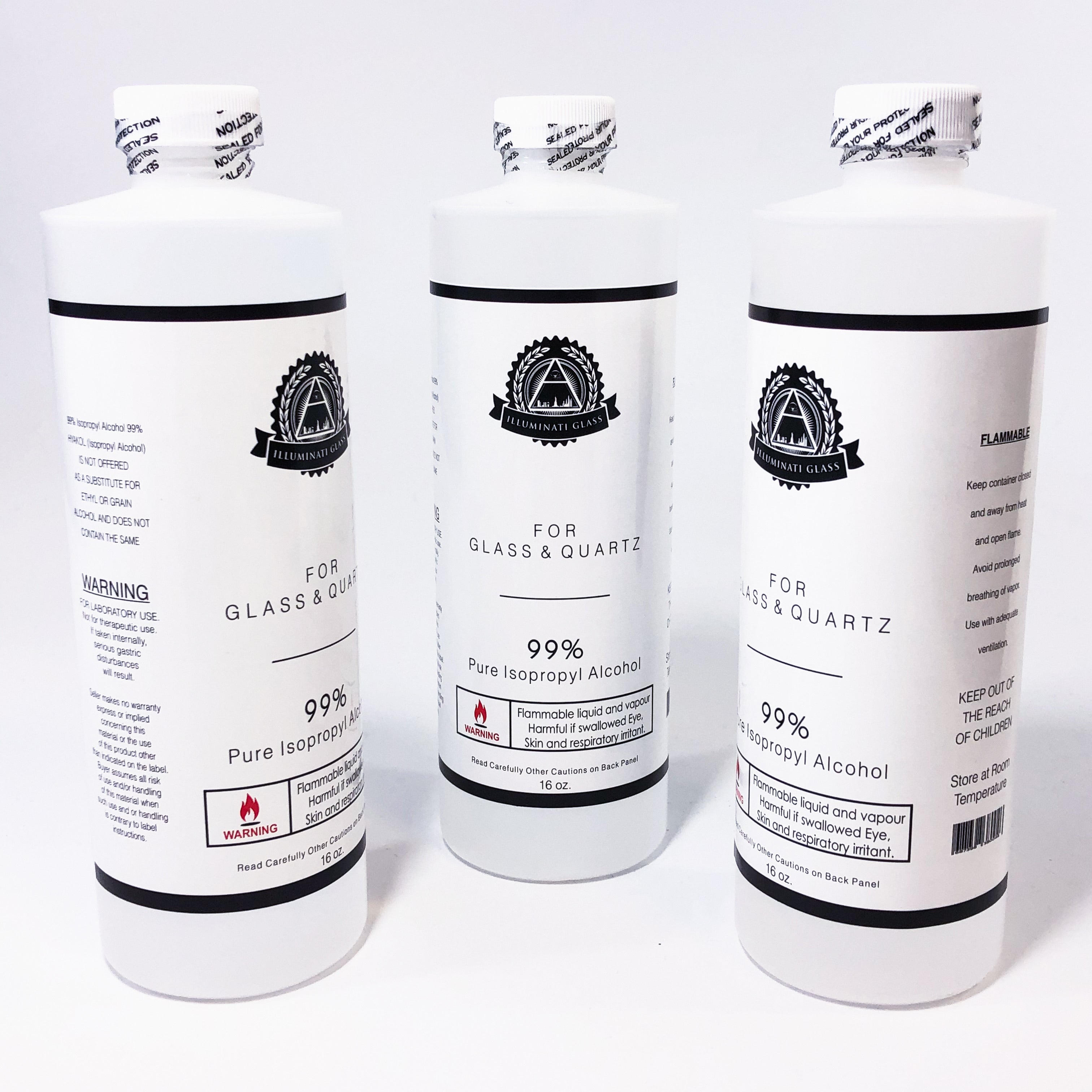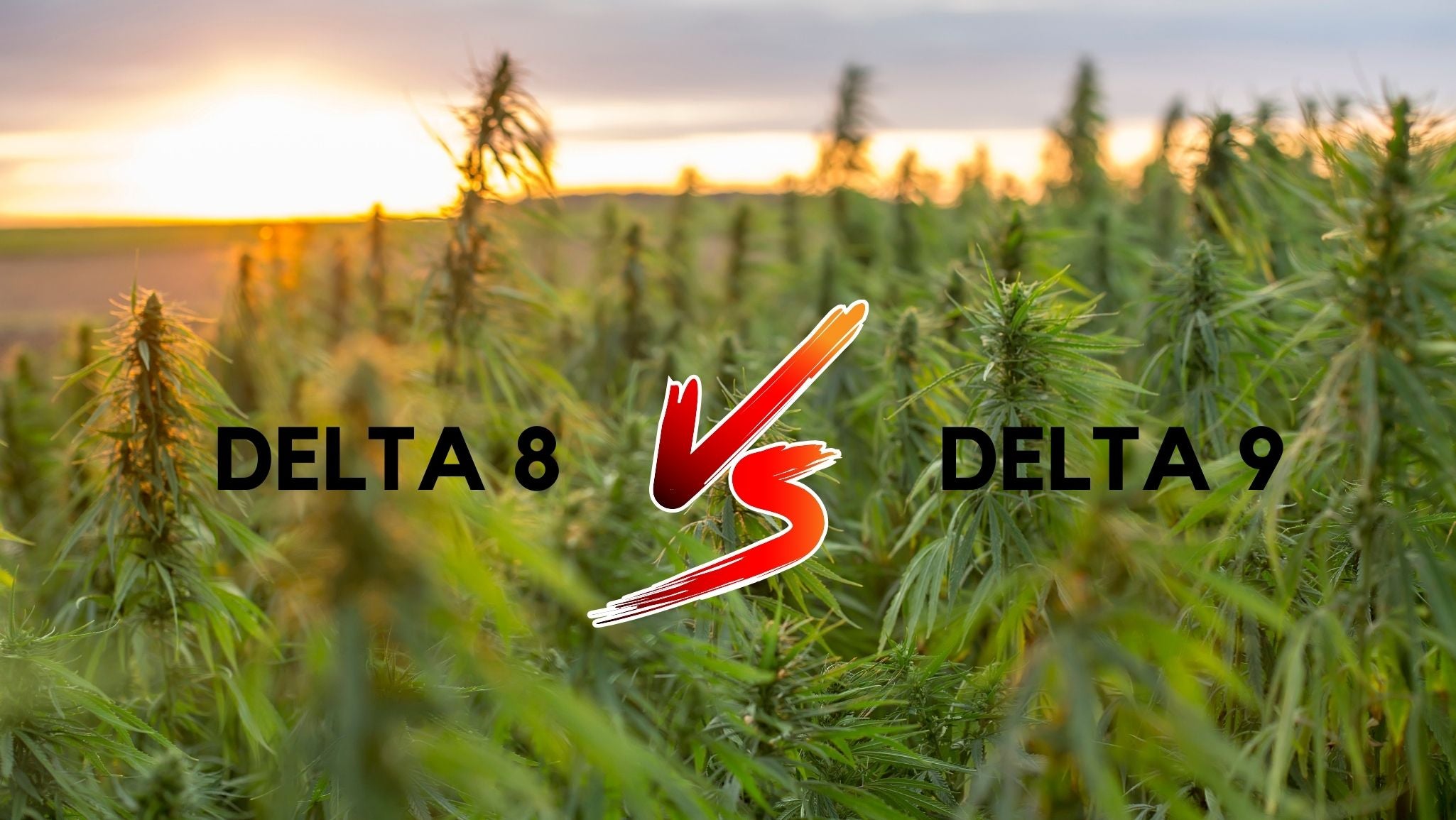Where to Buy Delta 8 and Delta 9 Products
Consumers have multiple options for purchasing Delta 8 and Delta 9 THC products, each offering unique experiences and benefits. Delta 8 gummies are favored for their convenience and precise dosing, delivering a mild, consistent high that’s ideal for beginners or those seeking a more manageable effect.
Delta 8 flower appeals to traditional cannabis users who enjoy the ritual of smoking and appreciate the immediate effects of inhalation. For those seeking quick relief with a touch of discretion, Delta 8 vapes are perfect, offering portability and emitting less odor than smoking flower.
Delta 8 tinctures provide another discreet option with dosage control and flexibility, as they can be taken sublingually or added to food and drinks.

Moving to Delta 9 THC products, Delta 9 gummies are known for their potency and longer-lasting effects, making them suitable for experienced users or those with higher tolerance seeking significant therapeutic benefits.
To explore these products, visit Illuminati Glass, where you'll find a curated selection of high-quality Delta 8 and Delta 9 products. Committed to providing safe, tested, and reliable products, we aim to meet the diverse needs of our customers.
Whether you're a seasoned cannabis user or just starting your journey into THC, Illuminati Glass is your trusted destination for all your cannabis needs.
The Bottom Line
In summary, the choice between Delta 8 and Delta 9 THC comes down to individual preferences and needs.
Whether you seek a milder, functional high with Delta 8 or a more intense, euphoric experience with Delta 9, understanding their distinct effects and legal considerations will help you make an informed decision.
Consider the time of day you plan to use these products, as well as the kind of experience you want. By keeping these factors in mind, you can make a choice that aligns with your lifestyle and enhances your well-being.
Stay informed about local regulations to ensure compliance and safely enjoy the benefits of THC.
FAQs
Q: Can Delta 8 or Delta 9 THC show up on a drug test?
A: Yes, both Delta 8 and Delta 9 THC can be detected in drug tests because they are both forms of THC.
Q: Are there any specific medical benefits associated with Delta 8 THC?
A: Delta 8 THC is known for its anti-nausea, anti-anxiety, appetite-stimulating, and pain-relieving effects, though further research is needed to understand its full medical potential.
Q: How long do the effects of Delta 9 THC last compared to Delta 8?
A: The effects of Delta 9 THC generally last longer and are more intense than those of Delta 8 THC, which tends to offer a shorter, milder experience.
Q: Is it legal to travel with Delta 8 THC products?
A: The legality varies widely based on local laws, so it's crucial to check the regulations of both your departure and destination locations before traveling with any THC products.
Q: Are there any dietary restrictions when taking Delta 8 or Delta 9 gummies?
A: Generally, there are no specific dietary restrictions, but consider the sugar content and potential allergens in the gummies.
Q: How does the cost of Delta 8 compare to Delta 9 products?
A: Delta 8 products are generally cheaper than Delta 9 products, primarily due to differing legal restrictions and availability.
Q: Can you build a tolerance to Delta 8 or Delta 9 THC?
A: Yes, regular use of either Delta 8 or Delta 9 THC can lead to tolerance, requiring higher doses over time to achieve the same effects.
Q: What should first-time users know before trying Delta 8 or Delta 9 THC?
A: First-time users should start with a low dose to assess tolerance and gradually increase if necessary. It's also important to use these products in a safe, comfortable environment.
Q: Can Delta 8 or Delta 9 THC interact with other medications?
A: Yes, THC can potentially interact with other medications. It's advisable to consult a healthcare provider before combining THC with any prescription medications.
Q: Is Delta 8 THC suitable for individuals sensitive to Delta 9 THC?
A: Delta 8 THC is often reported to be less intense and more manageable, making it a good option for those sensitive to Delta 9 THC's effects.


















